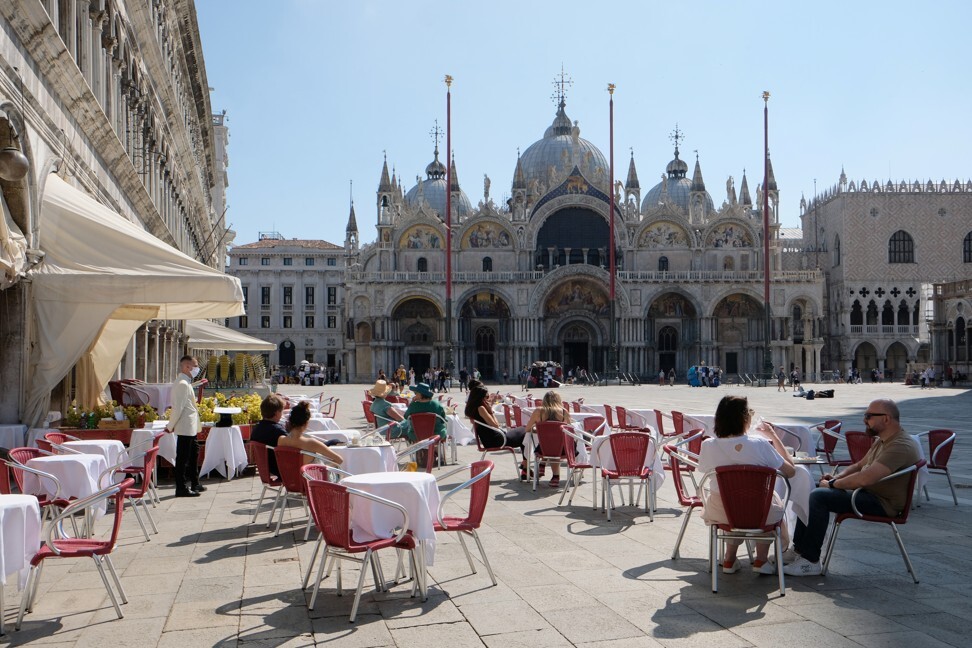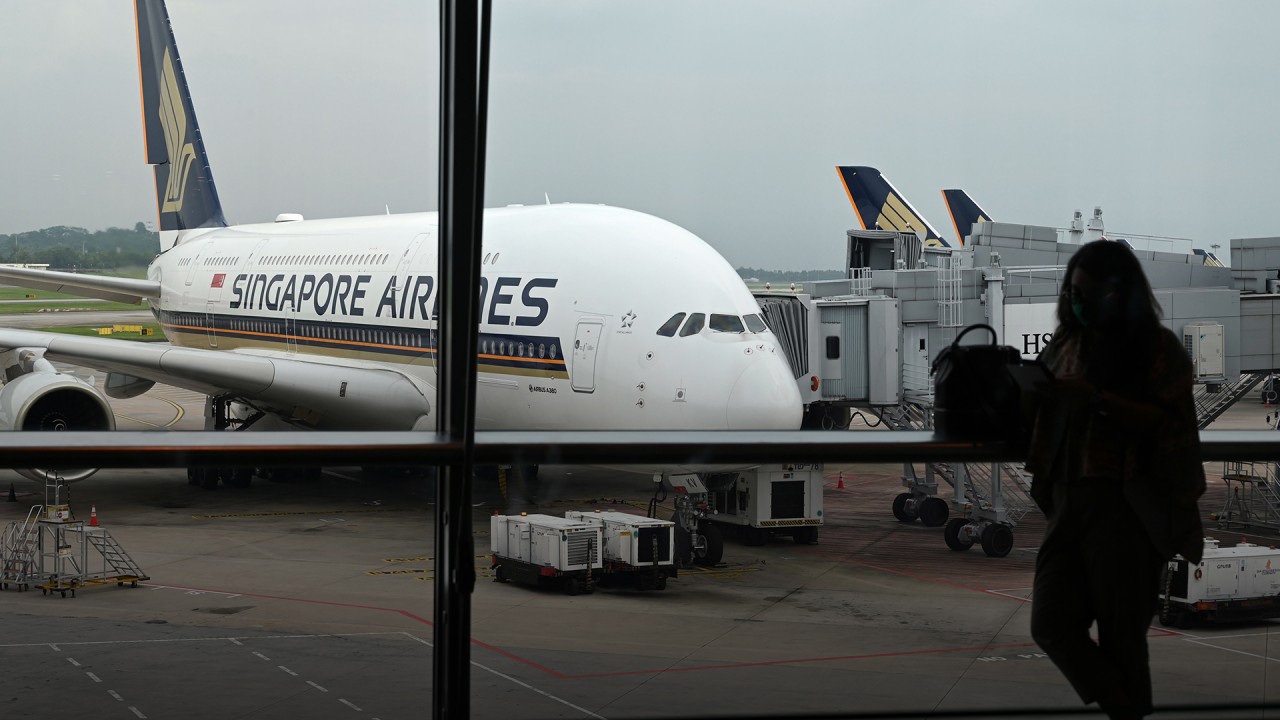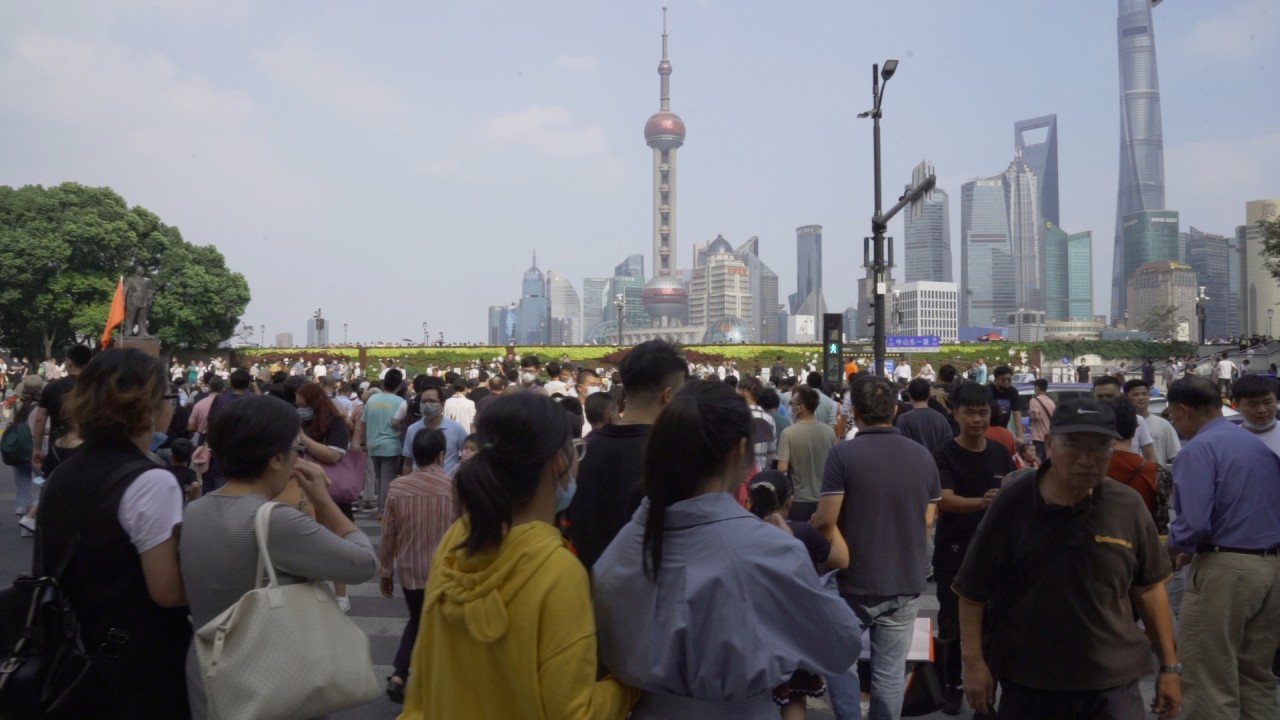
In a coronavirus-ravaged hotel landscape, China is outperforming the rest of the world
- While the promise of a Covid-19 vaccine has boosted some hotel stocks, the industry continues to struggle worldwide. China, however, seems to be bucking the trend

For the first time since the Covid-19 pandemic erupted, an end to the deadly disease is in sight. The announcement on November 9 by Pfizer and its German partner BioNTech that their vaccine candidate was 90 per cent effective in preventing the illness has unleashed a wave of optimism at a time when the virus is spreading rampantly across Europe and the United States.
In equity markets, a rotation out of “stay-at-home” stocks and into shares that have suffered due to lockdowns and social distancing has gained momentum. Hotels, the hardest hit property sector along with the retail industry, have been given a new lease of life. Last week, the share price of Marriott International, the world’s largest hotel group, surged 15.5 per cent, having been volatile since hitting a low in early April.
As I argued previously, there are reasons to be wary of the promise of a vaccine, especially given doubts about its efficacy, the daunting logistics of mass vaccination and the significant risk that uptake will be too low to provide sufficient protection. Yet, for the virus-ravaged hotel industry, the breakthrough cannot come soon enough.
According to hospitality data provider STR, the average occupancy rate in Europe in September stood at just 39 per cent, a 52 per cent fall year on year. In the US, where the data is more recent, average occupancy in early November stood at 44 per cent, a 36 per cent decline, while revenue per available room – the industry’s preferred performance measure – was down 56 per cent.

Even in the Asia-Pacific region – where most economies have reopened much faster due to more effective virus containment policies – average occupancy was barely above 50 per cent in August, with revenue per available room down 50 per cent.
The dramatic drop in international tourist arrivals and the collapse of a once-thriving meetings, incentives, conferences and exhibitions market have pulled the rug out from under the industry.
While the occupancy rate in Singapore, where many hotels are being used as quarantine facilities, has returned to pre-pandemic levels, and there are hopes that its forthcoming travel bubble with Hong Kong will help kick-start foreign travel, a meaningful recovery hinges critically on the development of a vaccine.
Xander Nijnens, head of hotel advisory for Asia-Pacific at JLL in Singapore, says the timeline for the availability of a vaccine is central to valuations. “It’s a crucial element in our assumptions regarding [the] performance [of hotels],” he insists.
However, in China, the hotel industry has already turned the corner. According to STR, the average occupancy rate has been close to 70 per cent since August, up from 30 per cent just after Wuhan lifted its mass quarantine in early April.

01:50
Hong Kong and Singapore to launch travel bubble amid coronavirus pandemic starting November 22
Indeed, at one point during the “golden week” holiday period at the beginning of last month, occupancy reached 83 per cent, almost on a par with 2019 levels.
In contrast to many other hotel markets in Asia, which are heavily reliant on foreign demand, China benefits from a thriving domestic tourism industry, which was given a fillip by curbs on international travel.
The combination of successful pandemic control, a brisk and seemingly sustainable recovery and, crucially, the rise of “revenge travel” after months of lockdowns and restrictions has turbocharged the hotel sector’s revival, making it much less dependent on progress in developing a vaccine.
Although Beijing and Shanghai are still suffering from the sharp decline in international tourist arrivals and business travel, other tier 1 cities, notably Shenzen and Chengdu, are faring well. However, the stand-out performer is Sanya, the southernmost city on Hainan Island, often referred to as China’s Florida.
In a webinar hosted last Friday, STR predicted that Sanya, whose occupancy rate has stood significantly above the average for the mainland since July, was likely to surpass its 2019 revenue per available room level this year, a feat unlikely to be replicated anywhere else in the world for at least the next couple of years.

01:58
China’s hotel industry rebounds from Covid-19 pandemic during ‘golden week’ holidays
The longer Europe and the US are unable to bring the virus under control – either because of delays in deploying a vaccine, or, just as worryingly, because of problems in building up immunity even after a vaccine becomes available – the greater the importance of domestic tourism in reviving, and reshaping, China’s hotel industry.
In a report published in August, JLL advised Chinese hoteliers to “critically analyse hotel positioning, segmentation and geographical mix” to take advantage of a “new domestic traveller” opportunity. One recommendation was to launch “staycation” packages to help build customer loyalty.
In a sign of the extent to which China’s hotel sector is outperforming the rest of the industry, Huazhu Group, the country’s largest operator, is expected to open 1,600 new hotels this year.
What is more, its share price was up 55 per cent from its mid-March low even before last week’s vaccine breakthrough. Chinese hotels have already been given a shot in the arm.
Nicholas Spiro is a partner at Lauressa Advisory